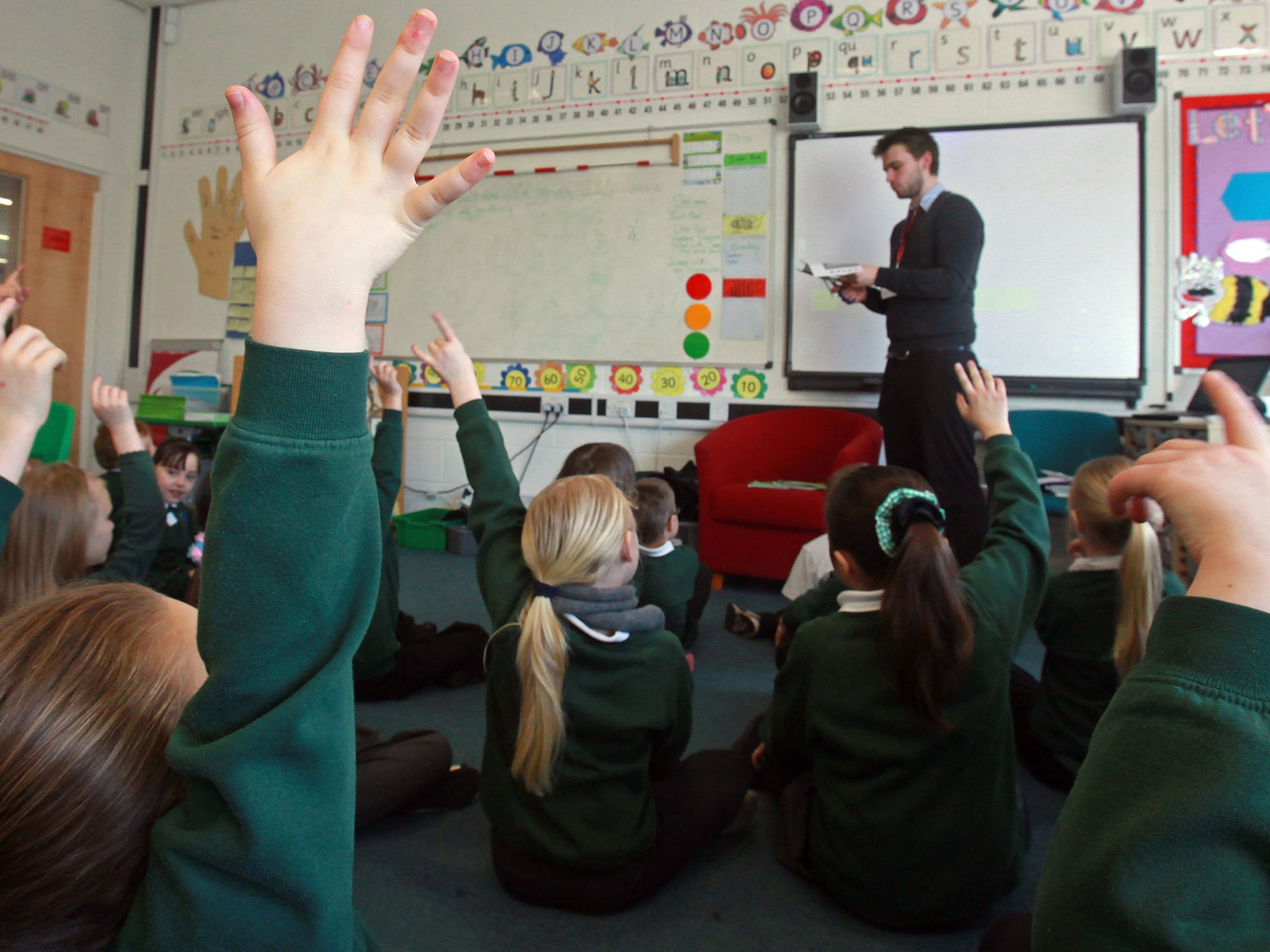Primary school pupils to be taught about 'world of work' under new initiative
Ministers believe the new scheme will be particularly relevant in communities with high adult unemployment

All children will be taught about the world of work by the time they leave primary school, according to a new initiative unveiled this week by the Government.
Under the proposals, information and talk about future careers will be included in the primary curriculum, and teachers will be expected to act early to help pupils make clear connections between reading, writing and arithmetic and obtaining a decent job in the future.
Ministers believe the new initiative will be particularly relevant in communities with high adult unemployment as part of wider effort to end the cycle of benefit dependency.
However, teaching unions have expressed some concern over the plan, questioning whether careers talks for children aged 11 are a case of “too much, too soon”.
The proposals were laid out on Thursday in a speech to the Westminster Employment Forum in London by Sam Gyimah, the education and childcare minister.
He said he wanted to ensure that all schools had the expertise in place to ensure that all children, regardless of their background, had “the information, exposure and support to make the right choices and to fulfil their potential”.
Mr Gyimah said this process should start before children reached secondary school, where careers advice traditionally began.
“By the end of primary school, this means developing an emerging awareness that people have different jobs and a belief that in the future they will work,” Mr Gyimah said.
“This is particularly important for children from workless households. It means making a connection between what is taught in school and what career paths they will take in the future.”
“This understanding contributes to a motivation to do well, based on realising the importance of basic skills.”
Join our commenting forum
Join thought-provoking conversations, follow other Independent readers and see their replies
Comments
Bookmark popover
Removed from bookmarks